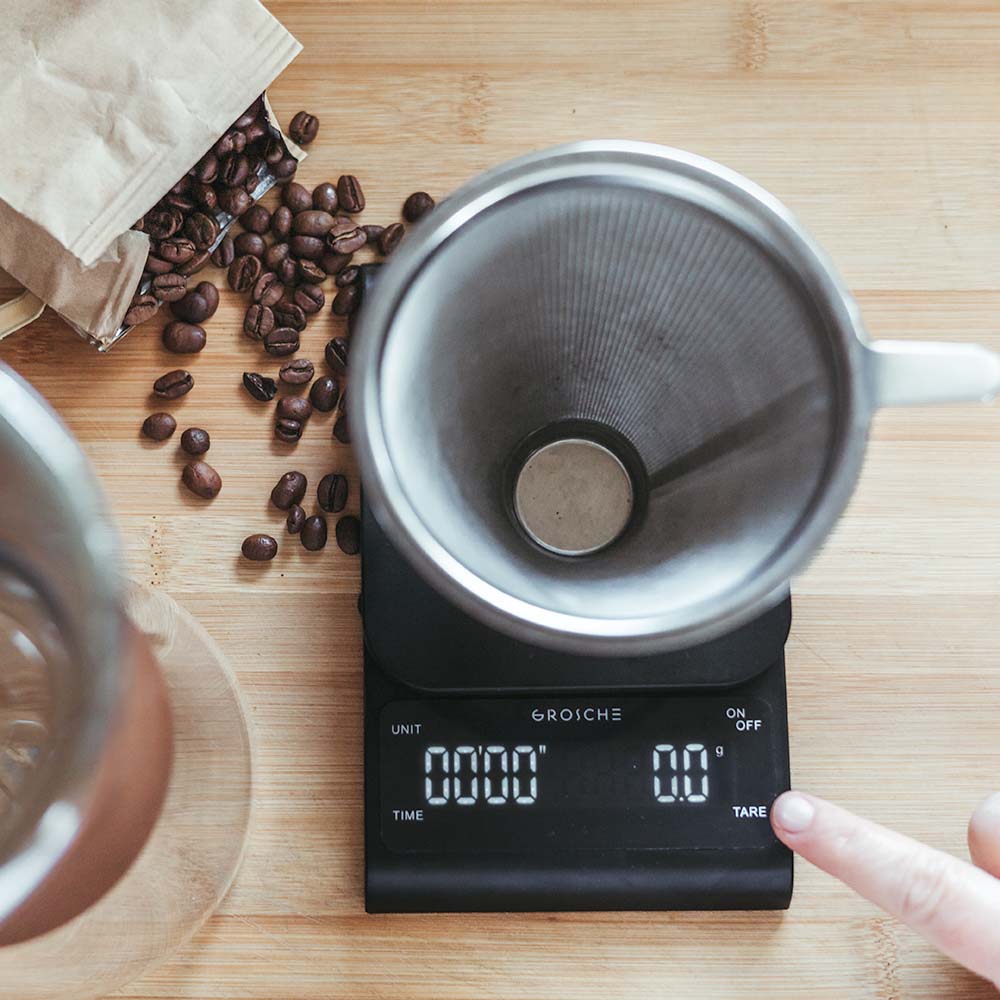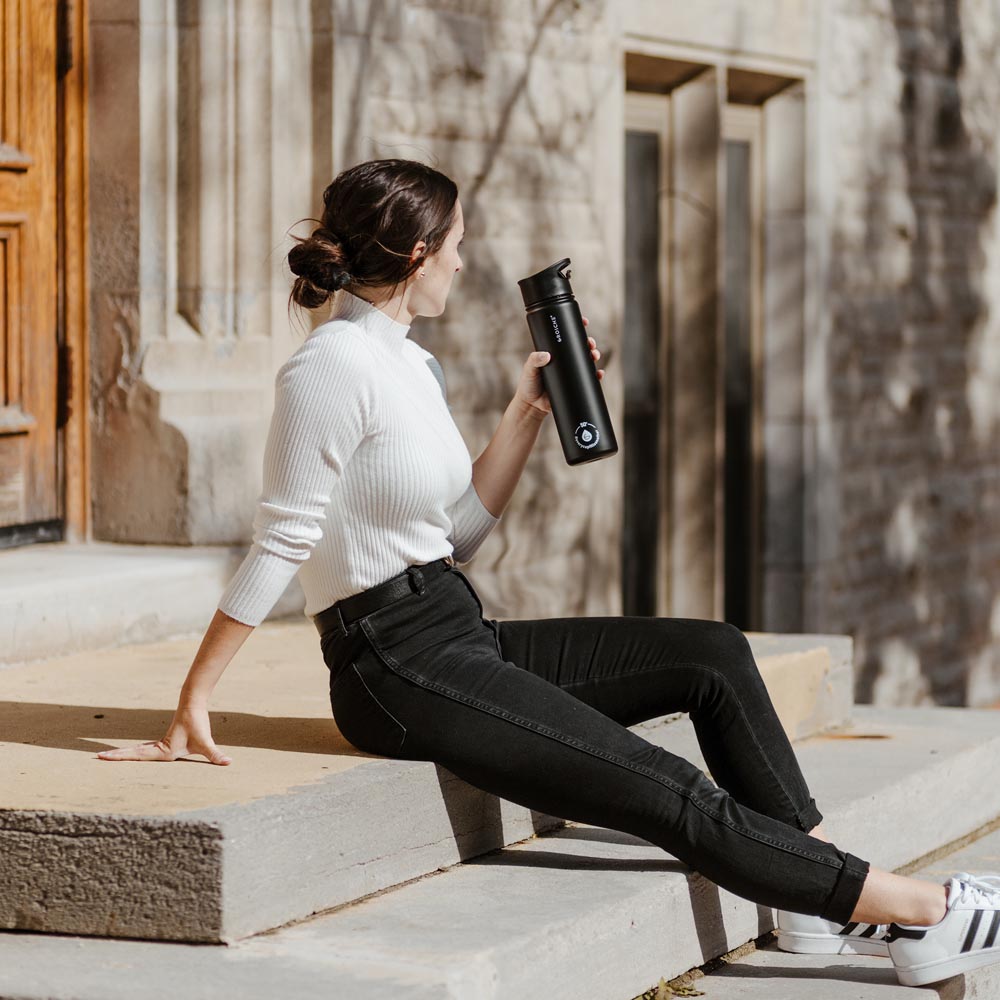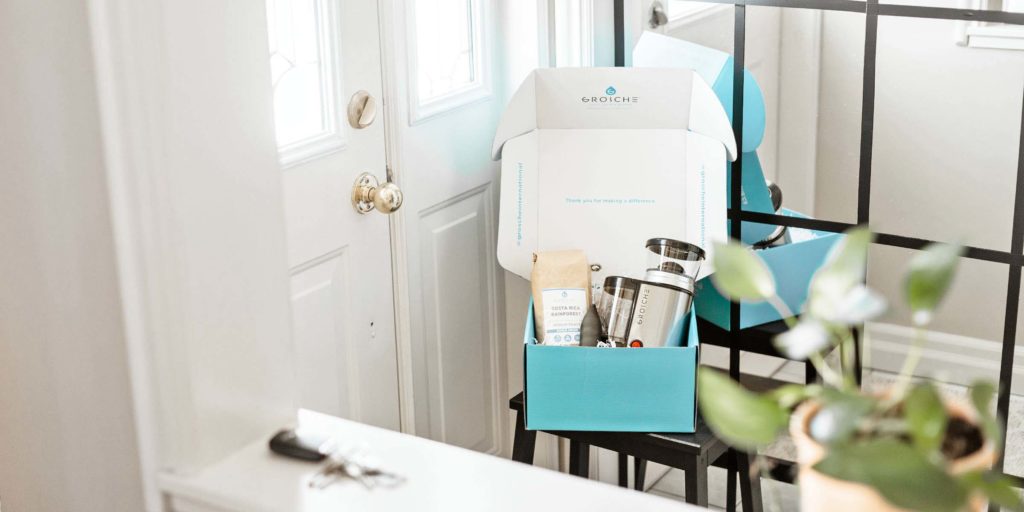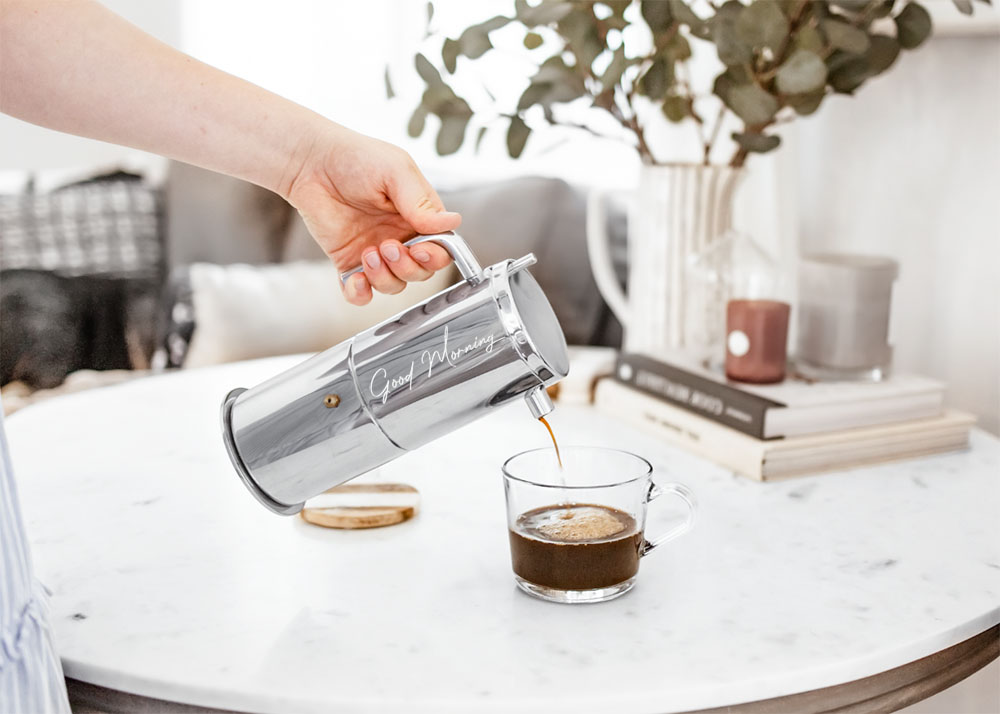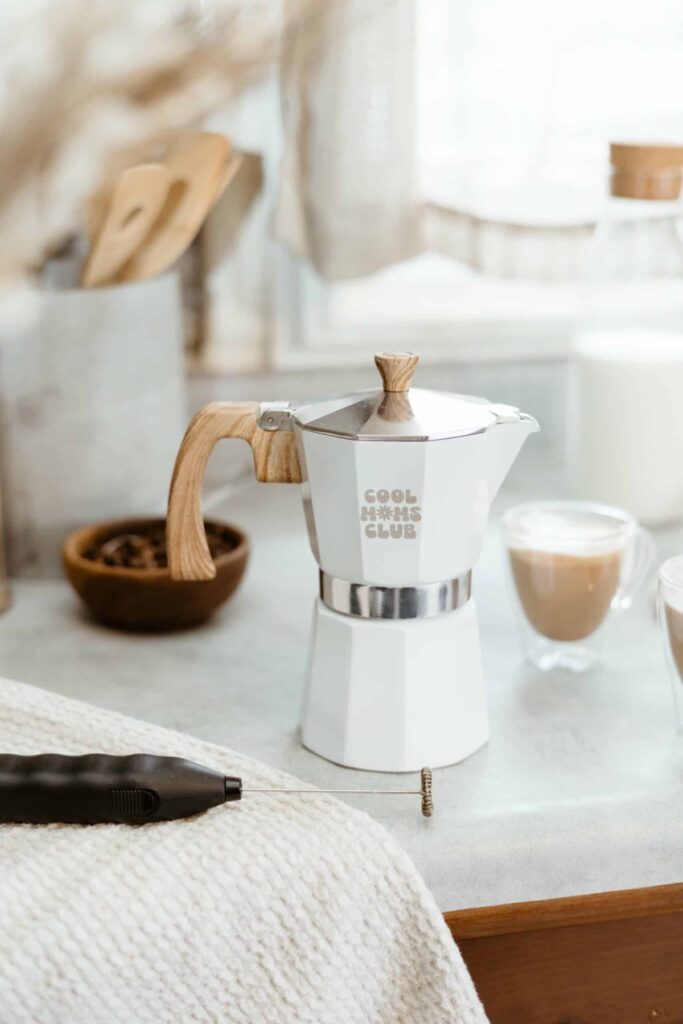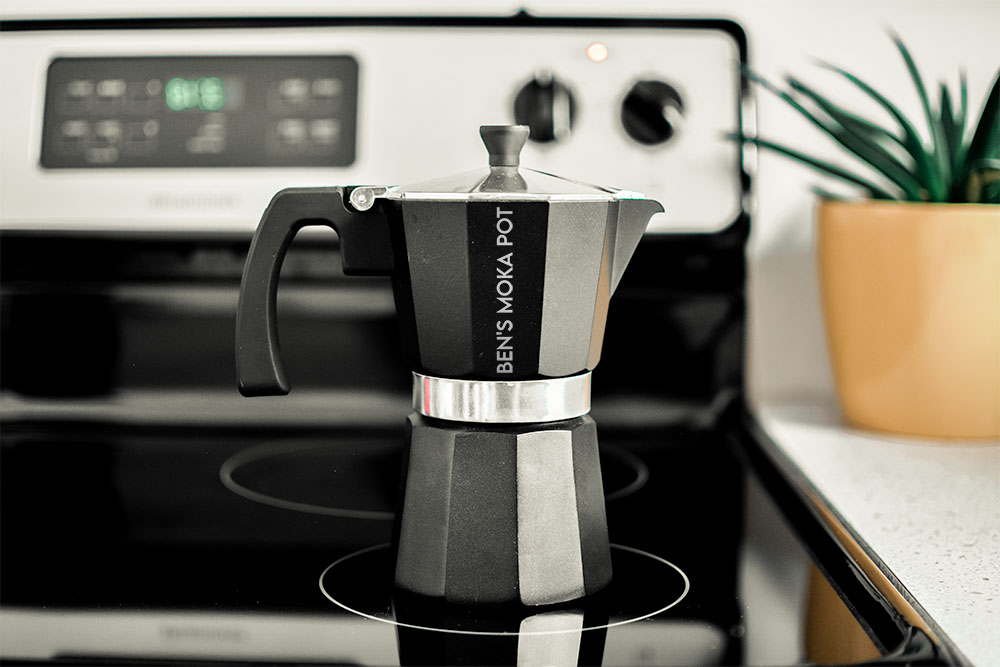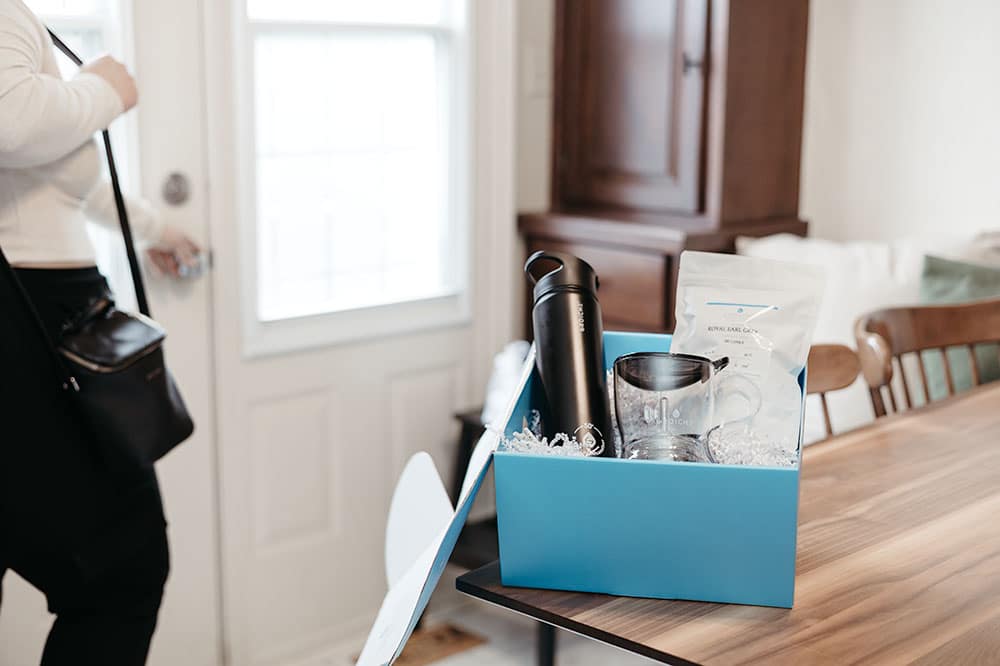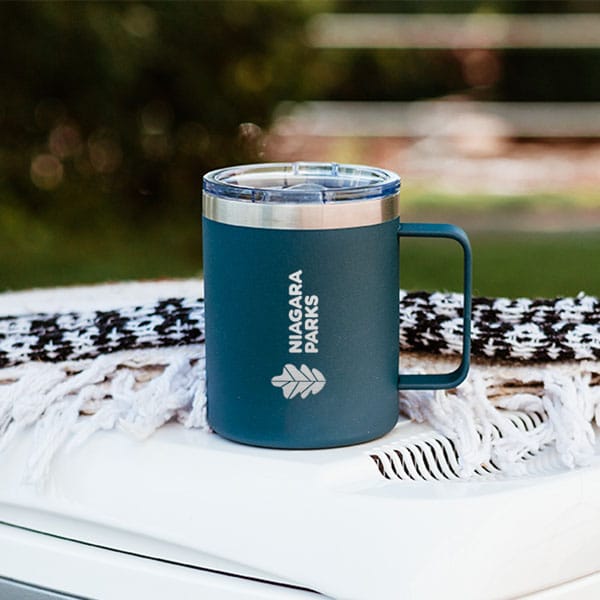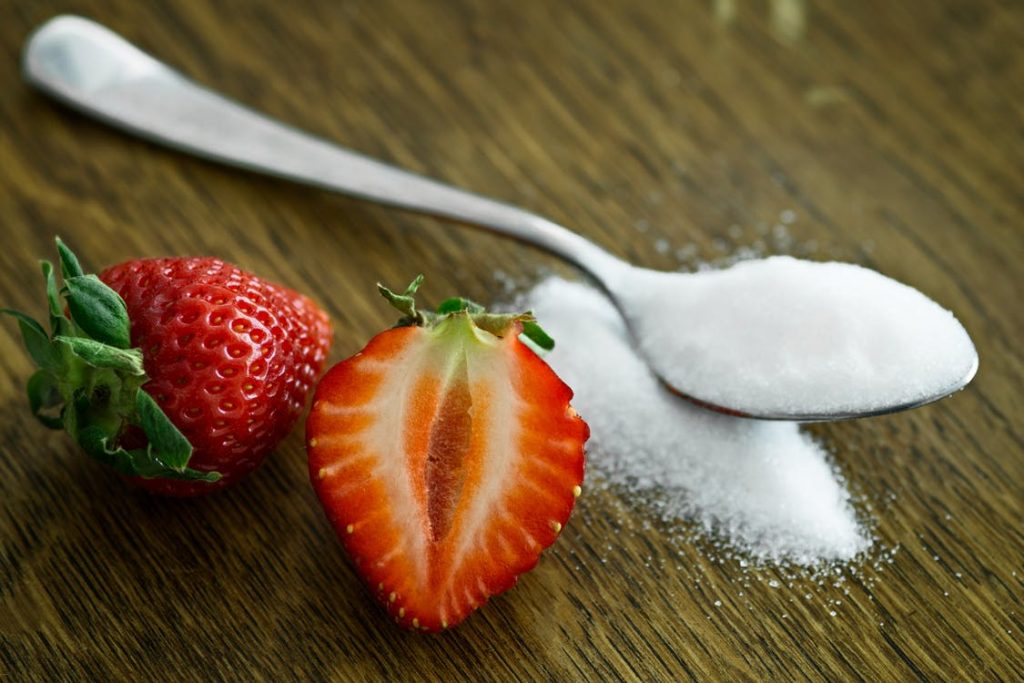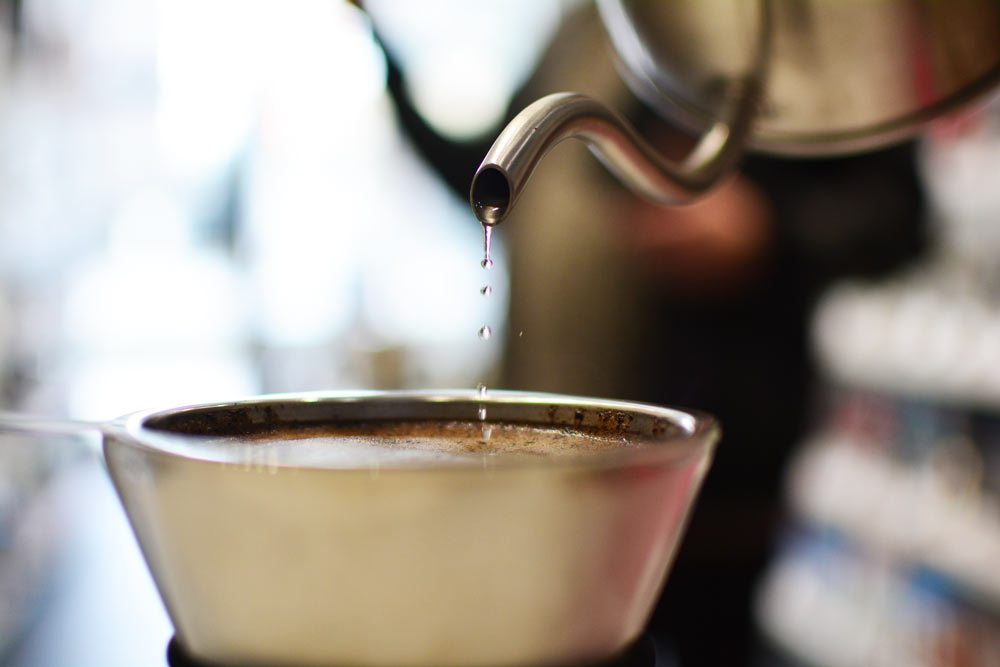More coffee a day will help keep type 2 diabetes away – or will it?
Previous research has displayed a connection between high coffee consumption and a reduced risk of developing type 2 diabetes. However, a recent study from Chalmers University of Technology and Umea University, proves that this connection is dependent on how you make your coffee.
What Is Type 2 Diabetes?
Diabetes is usually a lifelong health problem where your blood sugar levels become too high. There are two types of diabetes; type one and type two. Type two is the most common and less severe version of diabetes.
The main factor involved in diabetes and a high blood sugar level is insulin. Insulin is a hormone made by the pancreas and guides blood sugar (glucose) into your cells to fuel energy. Type 2 diabetes occurs when your pancreas doesn’t use insulin properly or doesn’t produce enough insulin.
Symptoms of type 2 diabetes include increased thirst and urination, increased hunger, fatigue, blurred vision and numbness or tingling in the feet or hands. These symptoms are sometimes tricky to catch as they can develop over the course of several years.
The Study’s Results
The results of Chalmers University of Technology and Umea University’s study showed that the effects of coffee consumption and type 2 diabetes risk differentiates between filtered coffee and boiled coffee.
People who drank 2-3 cups of filtered coffee a day had a 60% lower risk of developing type 2 diabetes than people who drank less than one cup of filtered coffee a day. But the consumption of boiled coffee had zero effect on the diabetes risk.
“We have identified specific molecules – ‘biomarkers’ – in the blood of those taking part in the study, which indicate the intake of different sorts of coffee. These biomarkers are then used for analysis when calculating type 2 diabetes risk. Our results now clearly show that filtered coffee has a positive effect in terms of reducing the risk of developing type 2 diabetes. But boiled coffee does not have this effect,” says Rikard Landberg, Professor in Food Science at Chalmers, and Affiliated Professor at the Department of Public Health and Clinical Medicine at Umea University.
Coffee bean management and other factors also play a role in the health effects of coffee consumption.
Difference Between Boiled & Filtered Coffee
Boiled and filtered coffee are some of the most common ways to brew coffee.
Filtered coffee is the most common brew method in the North America. Ground coffee beans are placed within a filter and hot water is poured over top. Coffee seeps through the filter as water is poured. Filtered coffee can be made with an electric coffee machine or a manual pour over coffee maker like the Austin G6 Pour Over Coffee Maker.
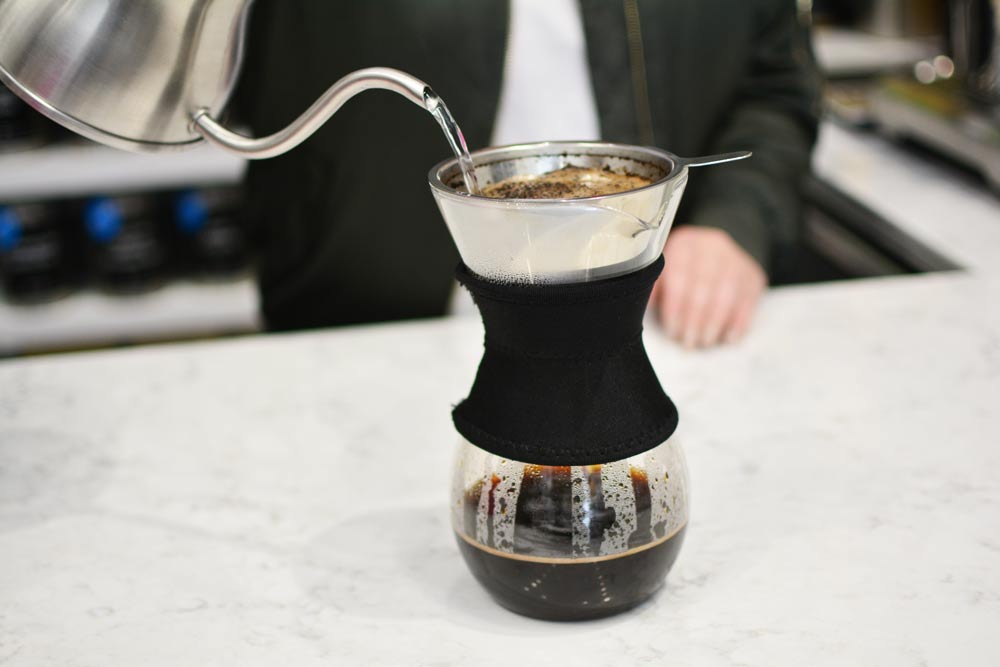
Previous studies have connected boiled coffee consumption with high cholesterol levels and an increased risk of heart disease.
According to Landberg, this is due to diterpenes, which is a type of molecule found in boiled coffee. The filter in filtered coffee blocks these diterpenes from getting in your cup.
How To Get The Best Tasting Filtered Coffee
Now that you know filtered coffee can reduce your risk of type 2 diabetes, it’s time to drink! Here are some top-quality coffee makers for a healthy and tasty cup of brew.
Pour Over Coffee Makers
Austin G6 Pour Over Coffee Maker
Amsterdam Pour Over Coffee Maker
References:
“Plasma metabolite biomarkers of boiled and filtered coffee intake and their association with type 2 diabetes risk” by L. Shi, C. Brunius, I. Johansson, I.A. Bergdahl, O. Rolandsson, B. van Guelpen, A. Winkvist, K. Hanhineva and R. Landberg, 9 December 2019, Journal of Internal Medicine.
DOI: 10.1111/joim.13009


